Does cystic fibrosis (CF) cause infertility?
As per a study, 97% to 98% of men with cystic fibrosis have infertility issues. The reason is that they have a condition known as congenital bilateral absence of the vas deferens (CBAVD), which means they lack a sperm tube. Cystic fibrosis infertility prevents the sperm from mixing with the semen. Hence, the sperm is unable to reach the egg to fertilize it after sex. Cystic fibrosis infertility leads to the absence of sperm in the semen. This makes the ejaculate thin and reduces the semen volume. Hence, cystic fibrosis and fertility are related.
Women with CF sometimes have thick mucus in their cervix. Poor nutrition can also cause issues with ovulation in women. But most women with cystic fibrosis infertility can still have babies if they don't use birth control.
Let's discover the fertility possibilities associated with cystic fibrosis.
Your health is too important to ignore – schedule your appointment now.
Can people with cystic fibrosis have children?
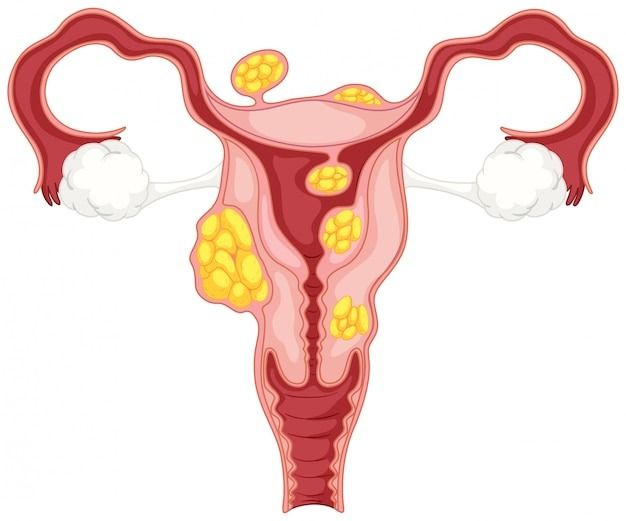
Women with cystic fibrosis often experience a longer duration of time to conceive in comparison to women who do not have the condition.
However, fertility and cystic fibrosis in men are a little bit concerning. Men with cystic fibrosis infertility have issues due to congenital bilateral absence of the vas deferens (CBAVD). But, they can certainly have children. They can opt for assisted reproductive techniques like IVF or sperm aspiration from the testicles.
Unlocking the genetic puzzle: Can parents pass down cystic fibrosis to their children? Let's find out.
What is the risk of passing cystic fibrosis to offspring?
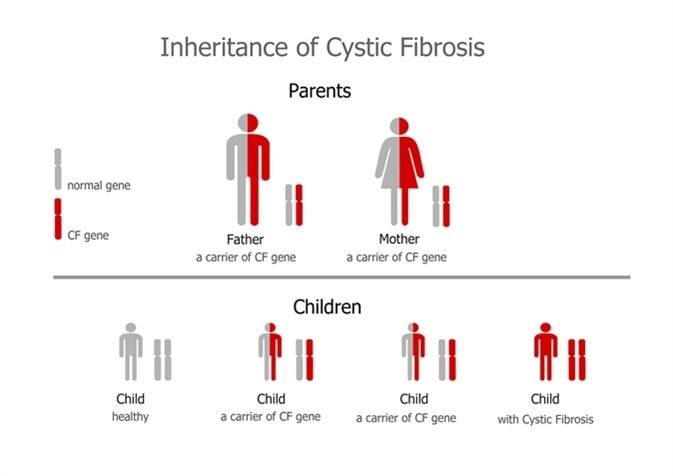
Cystic fibrosis gene carriers and infertility passed to offspring have higher chances when both males and females are carriers. In such a case there is a 25% chance of passing cystic fibrosis to offspring.
After various tests, if one of the parents is not a carrier then the chances of passing cystic fibrosis to offspring get reduced significantly.
Is genetic testing the key? Let's delve into cystic fibrosis and fertility.
Can genetic testing predict the risk of cystic fibrosis-related infertility?
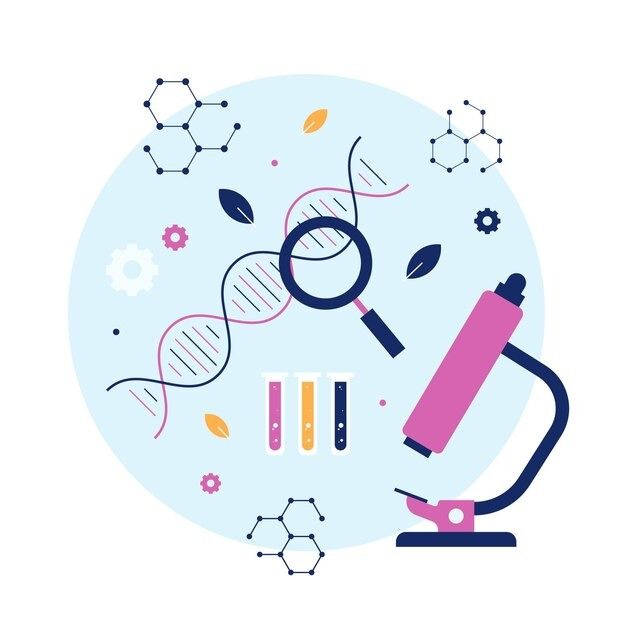
Genetic testing can identify certain mutations in the CFTR gene associated with cystic fibrosis. However, it cannot predict the risk of cystic fibrosis infertility specifically. Infertility in individuals with cystic fibrosis is often related to the absence of the vas deferens (CBAVD). This can vary among individuals. Genetic testing can provide information about cystic fibrosis carrier status. But not the fertility status of an individual. Assessing infertility risk may require additional medical evaluations.
Is fertility preservation for those with cystic fibrosis? Let's find out.
Take charge of your health and your life. Contact us today!
Are there fertility preservation options for people with cystic fibrosis?
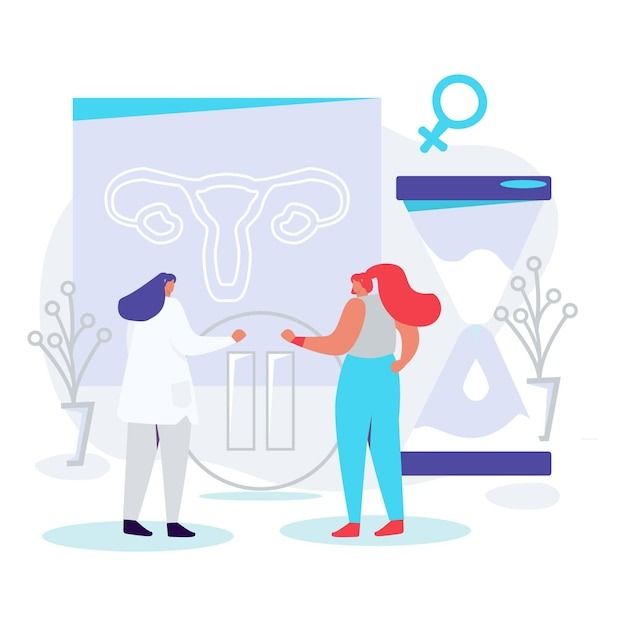
Fertility preservation options are available for both men and women with cystic fibrosis infertility. Here's an overview of these options for each gender:
For Men with Cystic Fibrosis infertility:
- Sperm Banking: Preserve fertility by banking sperm before treatments. This helps in using the sperm for ARTS like IVF.
- Assisted Reproductive Techniques: Even with CBAVD, assisted techniques can help. This helps in having their own biological child. In these sperm is retrieved directly from testes for IVF or ICSI.
For Women with Cystic Fibrosis infertility:
- Ovulation Monitoring: Track ovulation cycles for natural conception. This information can help them identify fertile periods. As a result, increases the chances of pregnancy.
- Assisted Reproductive Techniques: IVF with genetic testing.
- Egg Freezing: Preserve eggs for future use. Eggs are preserved when they are young. At that time, the quality was also higher. They can use these eggs later on.
How can you treat cystic fibrosis-related infertility? Let's discover that.
Can cystic fibrosis-related infertility be treated or reversed?
Cystic fibrosis infertility cannot be reversed, but it can certainly be managed. With proper management of cystic fibrosis and fertility issues, couples can conceive and have children. With the help of surgeries or assisted reproductive techniques like IVF, people can overcome cystic fibrosis infertility.
Are there any risks associated with pregnancy for individuals with cystic fibrosis?
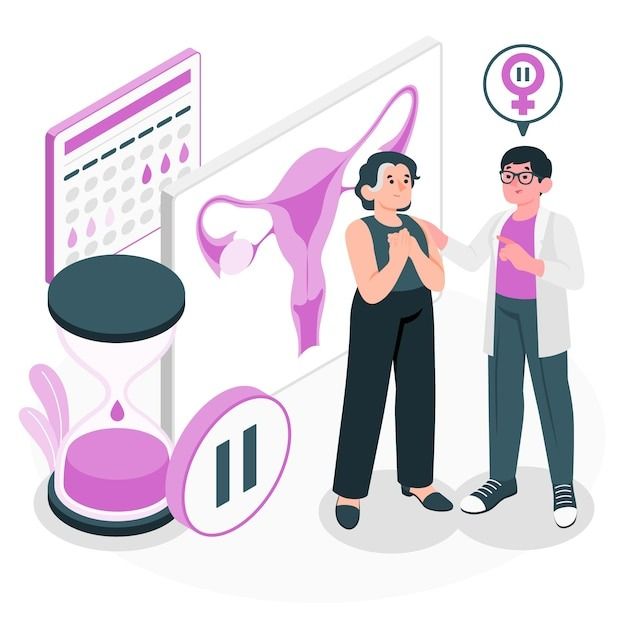
Pregnancy can have complications for women with CF. However, most pregnancies result in healthy babies.
Common issues include:
- Premature birth
- Breathing problems
- CF-related diabetes
- Constipation
- vitamin A (retinol) toxicity - this can cause issues in the baby’s development.
- High blood pressure
Family planning possibilities: Can you plan for a family if you have cystic fibroids?
Take the first step to recovery. Get in touch with us for your treatment.
What are the options for family planning for couples with cystic fibrosis?
Couples with cystic fibrosis infertility (CF) have options for family planning:
- Natural Conception: Some couples with CF can conceive naturally. It's essential to manage health and nutrition.
- Assisted Reproductive Techniques (ART): If fertility is a challenge, ART like IVF can help. Preimplantation genetic testing can prevent CF transmission.
- Sperm or Egg Donation: Using donor sperm or eggs can avoid passing on CF mutations.
- Adoption: Couples can adopt children if pregnancy is not an option.
- Surrogacy: A surrogate mother can carry a child for couples unable to do so.
- Genetic Counselling: Consulting a genetic counsellor can help couples understand CF risks and make informed decisions.
Is it possible to prevent cystic fibrosis-related infertility? Keep reading to find out.
Can cystic fibrosis-related infertility be prevented?
Cystic fibrosis infertility cannot be entirely prevented. This is due to the genetic nature of the condition. CF is caused by mutations in specific genes. It affects the production of mucus and other bodily secretions. These mutations are inherited, and individuals with CF carry them from birth.
However, advancements in assisted reproductive techniques (ART) offer options for individuals with CF to have children. Sperm or egg donation, in vitro fertilization (IVF), and pre-implantation genetic testing can help prevent the transmission of CF to offspring.
Early genetic testing and counseling can inform individuals about their CF carrier status. This enables them to make informed family planning decisions. While infertility may still be a concern, these strategies offer ways to have children without passing on CF mutations.
Your well-being is our priority - call us to book your appointment today.
References:






